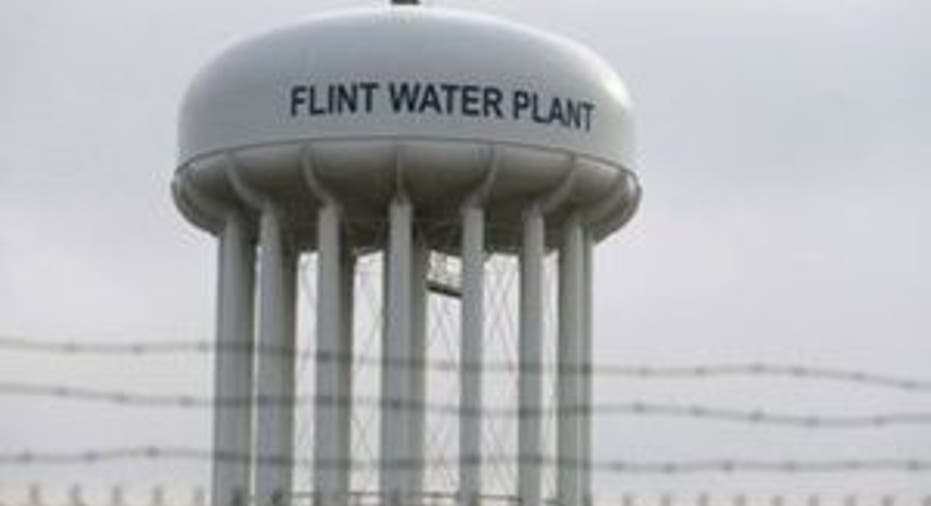Is the Flint Water Crisis Getting Worse?

It has been over 400 days since Flint, Michigan’s water was publicly declared undrinkable and more than two years since high levels of lead were first detected.
Despite reports saying levels are back to where they should be, some residents say they still don’t have any clean drinking water.
“Unfortunately, the situation in Flint is getting worse. Our lead is in the 4-digits and our bacteria is 3.8 million plate count. The longer they wait to change our pipes, the worse our water gets. We have about 500 pipes replaced out of 29,000-plus lines that need to go,” Melissa Mays, a Flint resident of 15 years and co-founder of “Water You Fighting For?” told FOXBusiness.com.
Wantwaz Davis, a city councilman from Flint’s 5th Ward, says the water will “never be right.”
“You can’t fix one home in a neighborhood and then move on. All these pipes are interconnected. You can’t half do with something, which is what they are doing,” Davis told FOXBusiness.com.
Marc Edwards, the Virginia Tech professor who helped break the news last September that 40% of Flint’s homes had elevated lead levels in their drinking water, says according to his recent tests, the “situation has dramatically improved.”
“Flint is probably meeting all federal safety standards for water but what we have realized since we investigated this problem in Flint is that the existing laws on lead are insufficiently protected,” Edwards, who has been appointed to the Flint Water Interagency Coordinating Committee by Michigan Gov. Rick Snyder, told FOXBuisness.com.
Edwards says that residents have been traumatized by this event and some of them are never going to drink or trust the safety of their water regardless of what the data shows. He adds that removing lead pipes can be a very difficult process — and if done improperly, “it could cause more harm than good.”
“We saw that happen in Washington, D.C. when they tried to remove lead pipes quickly. It can be very dangerous,” he adds.
Gov. Snyder’s office says it is working on getting pipes replaced as quickly as it can “based on permitting and contracting.”
Anna Heaton, press secretary for Gov. Snyder, told FOXBusiness.com that “the state has given the city $25 million for service line replacement.”
Mays, a mother of three boys whose grass roots group has been actively campaigning for access to clean, safe, and affordable water says “Water You Fighting For?” has been locked in an uphill battle to continue to get free bottled water deliver to them — something the state has been trying to stop.
“Luckily, we’re winning in the courts on that one,” she said.
Last week, U.S. District Judge David Lawson denied state officials’ motion to stop delivering bottled water door-to-door to Flint residents because it would perpetuate “the very irreparable harm the preliminary injunction is designed to address.”
He wrote in an order late Friday that there are two problems with the state’s case:
“First, handing out a water filter does not ensure that it is effective in reducing lead content of drinking water to an acceptable level. There must be a protocol in place to see that the filters are installed and maintained properly,” Lawson wrote. “Second, for many without a proper filter in place the difficultly of obtaining drinking water is significant, as the testimony demonstrated.”
Heaton says the state is currently awaiting a response from the Sixth Circuit federal court on a request for an emergency stay.
“If bottled water delivery is to go forward, we haven’t yet identified a source for the $10.5 million it will cost monthly, but it is likely that it will have to come from the money already allocated for Flint but not yet spent — such as money for pipe replacement,” she said.



















